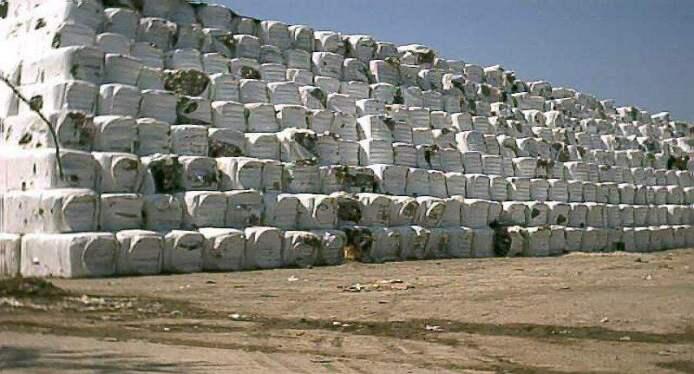The public opinion in Morocco, the Mediterranean basin, the European Union, and the world, is still occupied with the issue of the exportation of wastes from Italy to Morocco.
“Green Area International Association” announces its condemnation of this suspicious deal, which opposes the international conventions on waste movement across borders, and especially the “Basel Convention”, through the “ban amendment”, the Convention for the Protection of the Mediterranean Sea Against Pollution (Barcelona Convention), and “Izmir” Protocol. As well as the European regulations on waste transport, and the decisions of the Organization for Economic Cooperation and Development OECD.
Italy is a party in the Basel Convention, and it has ratified the “Ban Amendment”. It is also a member in the countries mentioned in “Annex VII”, which is binding according to this decision, and it states on refraining from exporting wastes that are subject to the provisions of the Basel Convention to countries that are not a member of Annex VII. As a member of the European Union, Italy should adhere to the European regulations for the transfer of wastes. It is also a member of the “Barcelona Convention” for the Protection of the Mediterranean Sea from pollution.
Morocco is also a member of the “Basel Convention”, and it has endorsed the “ban amendment” and turned it into national legislation. It is not one of the member countries in Annex VII. Morocco is a member of the “Barcelona Convention”, and it has ratified the “Izmir” protocol. However, it is not a member of OECD.
The waste deal which is called “RDF”, consisting of a mixture of tires and plastic wastes exported from Italy to Morocco, in order to burn them in cement plants to regain energy, are wastes derived from household waste mixtures, which are intended to be recoverable, and they have features that including a H4.1 risk, based on the dangerous regulations. In addition to that, they are solid flammable materials.
If we take into account all these facts, and what these agreements, resolutions and regulations, stipulate, and the consequent commitments by Italy on one hand, and Morocco, on the other hand, it can be seen very clearly that this deal opposes the international legal obligations of both countries.
The deal, which is made by a developed country to a developing country, lacks the legal legitimacy and is also incompatible with the moral values and human rights.
“GreenArea International Association” announces full solidarity with the Moroccan civil society organizations in their rejection of the deal, which is accompanied by significant environmental and health risks. The association also demands the Italian and Moroccan governments to end this deal, stop the waste transport, and to return the amounts of wastes, which have been transferred so far, to Italy, implementing what the “Basel Convention” states on.
As well as the implementation of the European waste transfer systems, which bind the European states to respect their obligations, and especially the “ban amendment” in other countries, ascending from the ratification of the “Izmir” protocol to the “Barcelona Convention”, which Morocco has ratified.











